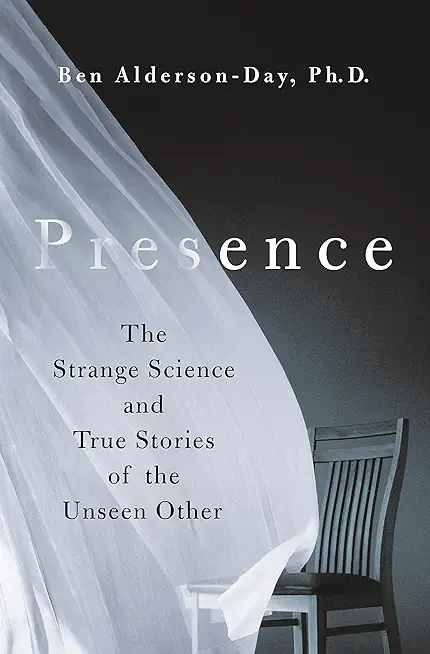
Alderson-Day, Ben
product information
description
derstand one of the most unusual experiences known to humankind: the universal, disturbing feeling that someone or something is there when we are alone. These experiences of sensing a Presence when no one else is there have been given many names--the Third Man, guardian angels, shadow figures, "social" hallucinations--and they have inspired, unsettled, and confounded in equal measure. While the contexts in which they occur are diverse, they are united by a distinct and uncanny feeling of visitation by another. But what does this feeling mean, and where does it come from? When and why do presences emerge? And how can we even begin to understand a phenomenon that can be transformative for those who experience it, and yet so hard to put into words? The answers to these questions lie in this tour-de-force through contemporary psychology, psychiatry, neuroscience, and philosophy. Presence follows Ben Alderson-Day's attempts--as a psychologist and a researcher--to understand how this experience is possible. What is a voice when it isn't heard, and how otherwise do we know or feel that someone is in our presence? Is it a hallucination connected to psychosis, a change in the working of the brain, or something else? The journey to understand takes us to meet explorers, mediums, and robots, and step through real, imagined, and virtual worlds. Presence is the story of who we carry with us, at all times, as parts of ourselves.
member goods
No member items were found under this heading.
Return Policy
All sales are final
Shipping
No special shipping considerations available.
Shipping fees determined at checkout.







